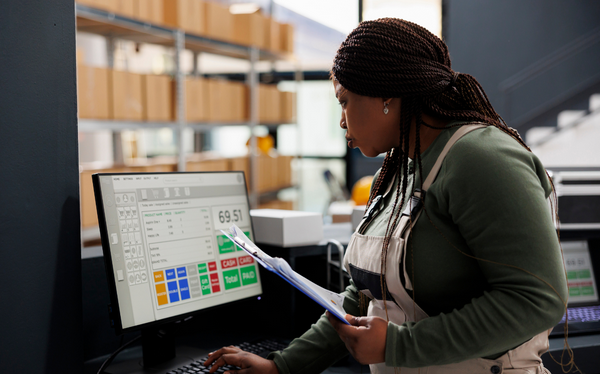Challenges and Innovations in the Final Step of Logistics
In today’s fast-paced world, consumers expect rapid and reliable deliveries. The rise of e-commerce has drastically increased the number of last-mile deliveries, making it a critical yet costly segment of the logistics industry. But as urbanization and environmental concerns grow, so does the urgency to adopt sustainable last-mile delivery solutions.
The Environmental Toll of Last-Mile Deliveries
Last-mile logistics contributes up to 50% of total supply chain emissions in urban areas. The reliance on fuel-powered delivery trucks, coupled with inefficient logistics networks, leads to unnecessary energy consumption and excessive CO₂ output. Congested streets, frequent stops, and idling vehicles further worsen air quality in densely populated areas.
Without intervention, this problem will only worsen with the increasing demand for home deliveries. The need for greener solutions is no longer optional—it is imperative.
Innovative Solutions for Greener Logistics
The future of logistics relies on innovation and collaboration to create a sustainable balance between efficiency and environmental impact. Some of the most promising approaches include:
✔ Urban Delivery Hubs & Localized Warehousing – Decentralizing distribution centers reduces the need for long-distance transportation, lowering emissions.
✔ Cargo Bikes & Pedestrian Couriers – In high-density urban areas, using electric cargo bikes or foot couriers can be a game-changer, significantly reducing pollution and congestion.
✔ Smart Lockers & Pickup Points – Instead of delivering to individual homes, consolidating deliveries to centralized lockers or collection points decreases failed delivery attempts and unnecessary trips.
✔ Artificial Intelligence & Predictive Analytics – AI-powered logistics can predict delivery demand, optimize fleet efficiency, and reduce empty return trips, cutting fuel use.
✔ Collaborative Logistics – Encouraging companies to share transportation networks can prevent half-empty trucks from duplicating delivery routes and increase efficiency.
The Role of Upskilling in Sustainable Logistics
New technologies and sustainability practices require upskilled logistics professionals who can adapt to the evolving landscape. By providing training programs, digital tools, and practical learning experiences, the industry can foster sustainability-driven mindsets among logistics workers, policymakers, and businesses alike.
Investing in sustainable logistics benefits both the planet and business operations. Lower emissions mean cleaner cities, optimized transport networks lead to cost savings, and educated logistics professionals can drive long-term industry transformation. The key is to act now, before urban last-mile logistics becomes an unsustainable burden on society.
🔗 Discover how ECOmile is shaping the future of logistics: https://ecomile.eu

